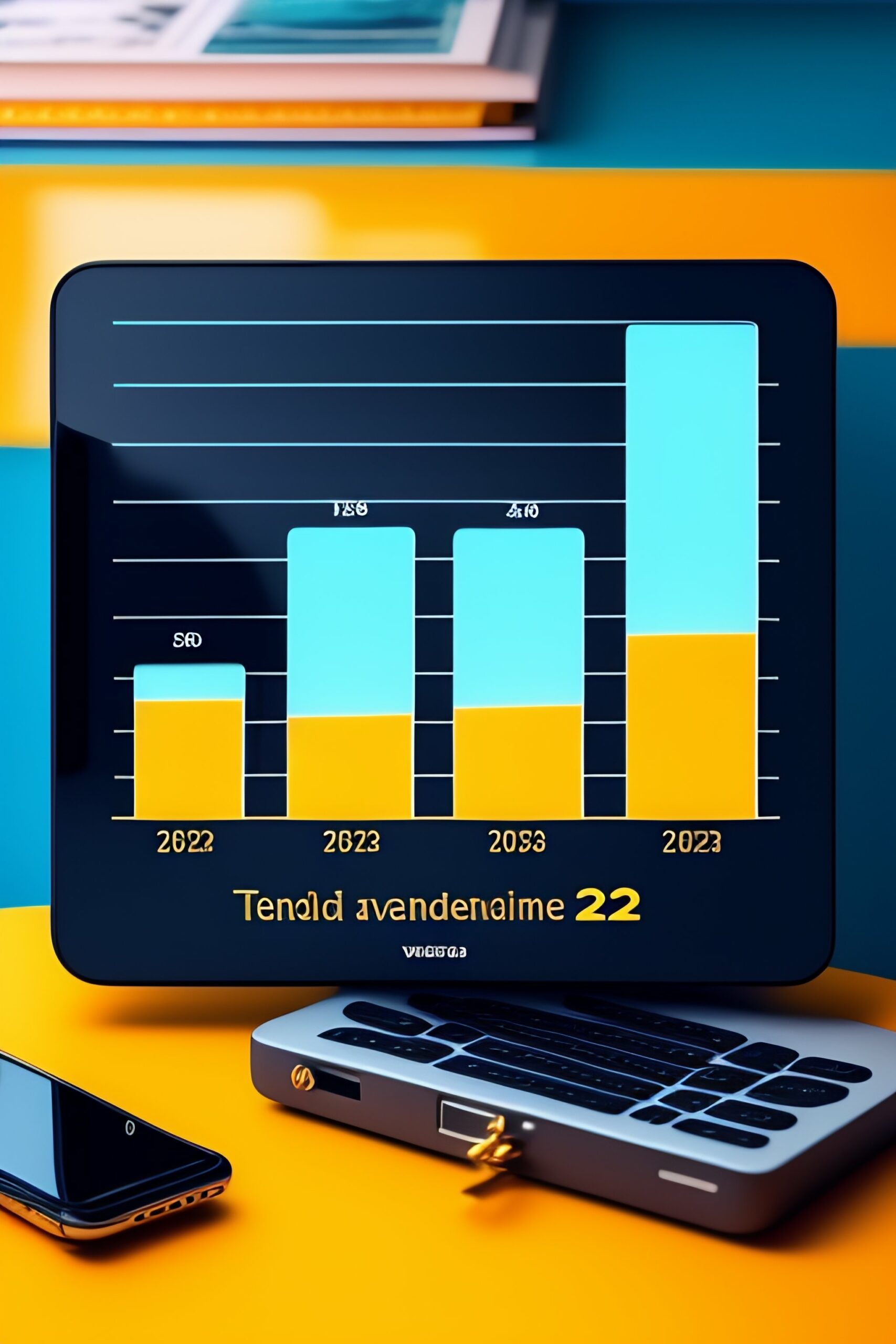2020 has been a year of unprecedented economic upheaval, with the coronavirus pandemic causing massive job losses and economic disruption. However, despite the economic turmoil, there has been one bright spot: gross income jumps.
According to the Bureau of Labor Statistics, the median weekly earnings of full-time wage and salary workers rose by 4.7% in 2020, the largest increase since the Great Recession. This jump in gross income was driven by a combination of factors, including an increase in the minimum wage, a surge in demand for certain goods and services, and a shift in the labor market towards higher-paying jobs.
The increase in the minimum wage was a major factor in the jump in gross income. In 2020, 29 states and the District of Columbia raised their minimum wage, with some states increasing it by as much as $2.00 per hour. This increase in the minimum wage has had a direct impact on the wages of low-wage workers, who have seen their incomes rise as a result.
The surge in demand for certain goods and services has also contributed to the jump in gross income. With more people staying at home due to the pandemic, there has been an increase in demand for certain goods and services, such as food delivery, online shopping, and streaming services. This has led to an increase in wages for workers in these industries, as employers have had to compete for workers in order to meet the increased demand.
Finally, the labor market has shifted towards higher-paying jobs. As the economy has shifted away from traditional industries such as manufacturing and retail, there has been an increase in demand for jobs in the technology, healthcare, and finance sectors. These jobs tend to pay higher wages than traditional jobs, and this shift has contributed to the overall increase in gross income.
Overall, the jump in gross income in 2020 is a positive sign for the economy. It shows that despite the economic disruption caused by the pandemic, there are still opportunities for workers to earn higher wages. This is a sign that the economy is beginning to recover, and that the labor market is becoming more competitive.









